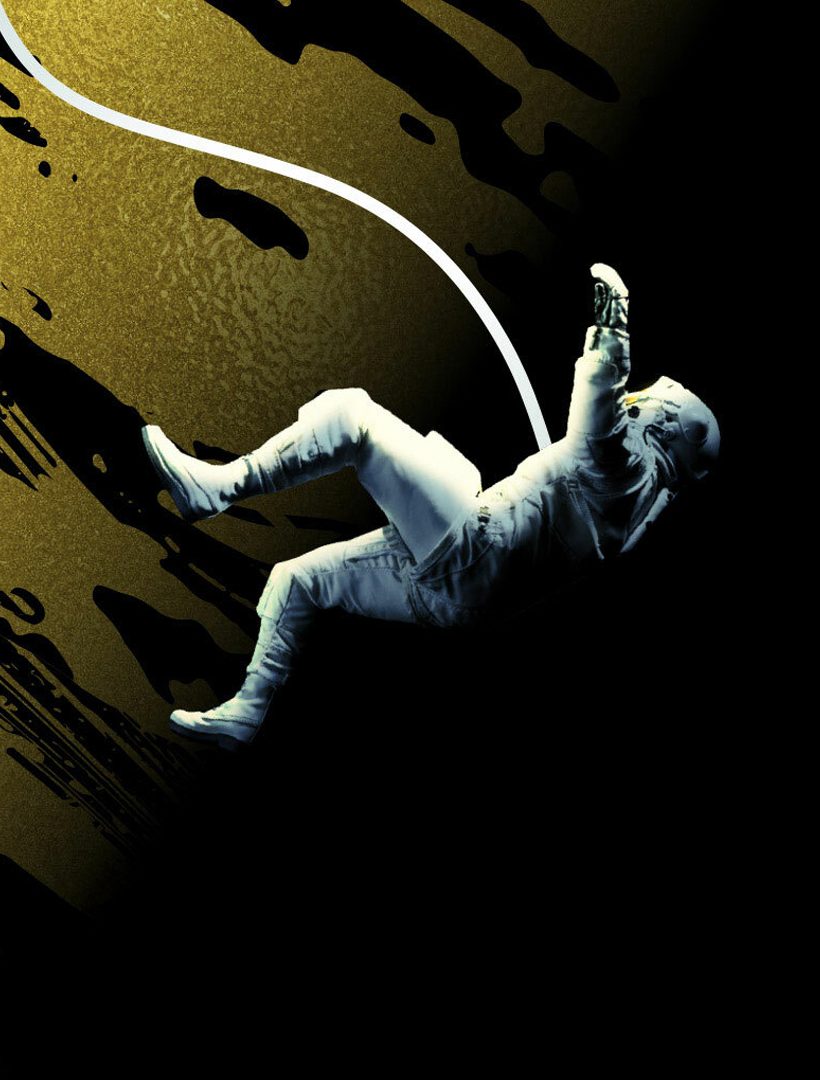St. John Mandel weaves her narrative across timelines: the days before the outbreak, the collapse itself, and the fragmented world that follows. Arthur Leander, a famous actor, dies of a heart attack on stage during King Lear, just as the pandemic begins its spread. That coincidence is no accident—the novel constantly returns to theatre as a mirror of our fragile humanity. To lose theatre, St. John Mandel suggests, would be to lose part of what makes us human.
What does theatre look like when the world has ended? Emily St. John Mandel’s Station Eleven takes that question and spins it into a hauntingly beautiful meditation on art, memory, and resilience. It’s not just a novel about a pandemic; it’s about what survives when everything else falls apart—and why we keep telling stories, even when no one is left to listen.
At the heart of the book is the Traveling Symphony, a ragtag group of actors and musicians who wander through the ruins of civilization, staging Shakespeare for scattered communities. Their motto—“Survival is insufficient”—is borrowed from Star Trek, but it captures something timeless about why art endures. Food, shelter, medicine—yes, we need those. But we also need stories to tether us to meaning, to remind us that we are more than what has happened to us.






